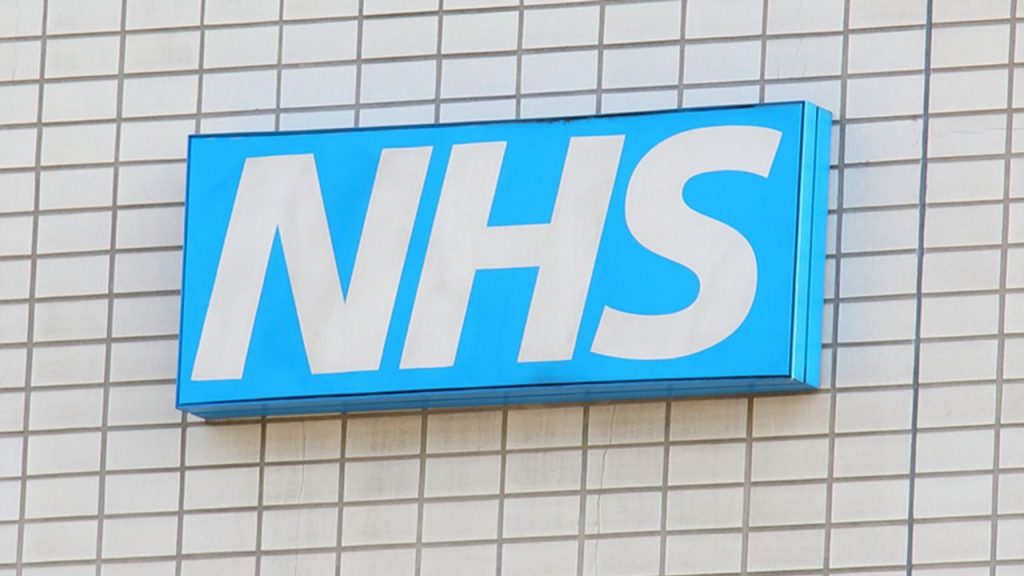The National Health Service (NHS) is urging eligible groups, including pregnant women and older adults, to speak with their healthcare providers about protecting themselves and their babies against respiratory syncytial virus (RSV) ahead of winter.
The warning follows a sharp rise in RSV cases in Australia, which often signals what’s to come in the United Kingdom (UK).
In fact, a steady increase in infections has already been recorded across England in 2025.
RSV is common and usually mild, causing cold-like symptoms such as a cough or runny nose. But for babies and older adults, it can trigger more severe illness.
In infants, it may lead to bronchiolitis, a chest infection that can require hospital treatment. Older people, especially those over 75, are also vulnerable to serious breathing difficulties.
Read Also: UK aid cuts will hit women, girls, Africa hardest, govt admits
NHS recommends RSV vaccine for pregnant women
To protect newborns, the NHS is recommending the RSV vaccine for pregnant women from 28 weeks onwards. This helps pass on protection to the baby before birth.
While for most adults RSV only causes mild, cold-like symptoms, for older adults and young children it can lead to serious breathing problems that can end up in hospitalisation.
“Now is the time for mums to act, to make sure their babies are protected ahead of their first few months this winter, when there tends to be more bugs circulating,” said Kate Brintworth, chief midwifery officer at NHS England. “Getting vaccinated while pregnant is the best way to protect your baby from the moment they are born.”
Older adults between 75 and 79 are also eligible. More than a million people in this group will be contacted via letter, text, email or the NHS App to encourage them to get the jab.
Figures from the UK Health Security Agency show the vaccine is highly effective. When given to pregnant women at least two weeks before delivery, it reduces RSV-related hospital stays in babies by 72%. For older adults, the protection rate is around 82%.
RSV puts thousands in hospital each year. Last winter, nearly 7,000 hospital bed days were taken up by children suffering from the virus. It’s also one of the world’s leading causes of infant death.
To improve access, around 100 community pharmacies in the East of England and Midlands have started offering the RSV vaccine.
Many also provide the whooping cough jab to pregnant women, easing pressure on GP surgeries. NHS England plans to expand this scheme to reach more communities.
For high-risk or premature babies who can’t benefit from maternal vaccination, a one-off injection called nirsevimab will be made available from late September.
The NHS is urging anyone eligible not to wait—speak to a health professional now and get protected before winter viruses take hold.



